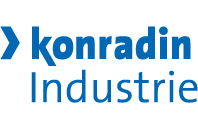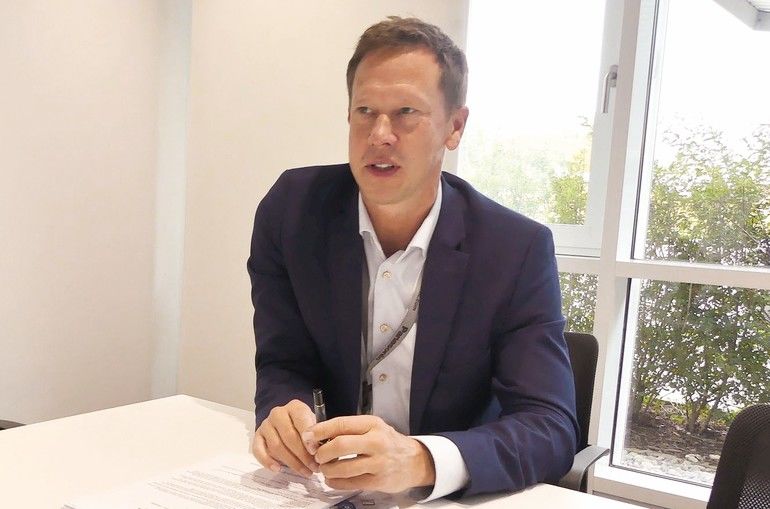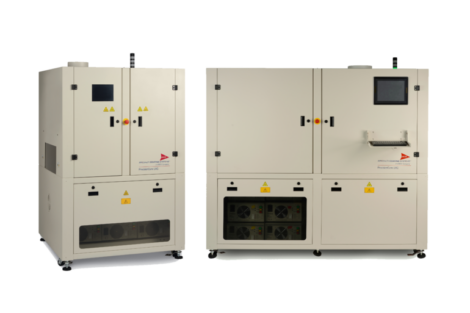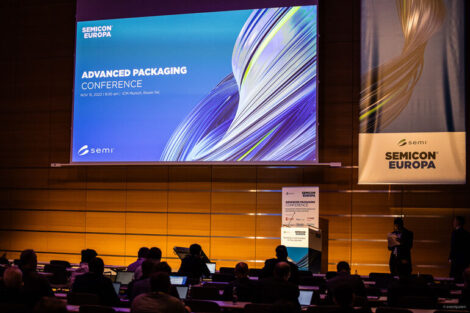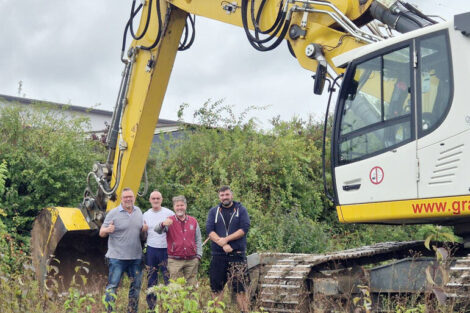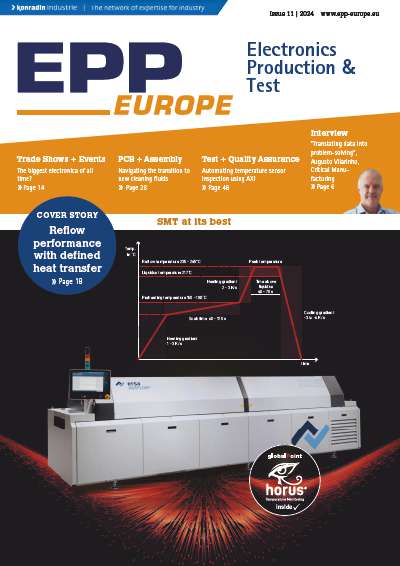EPP Europe: Mr. Heininger, Panasonic Industry is perceived by the industry and manufacturers as a market leader for SMT placement machines, laser markers, and printers. In addition, Panasonic itself is one of the top 10 tier-one companies and operates 200 production facilities worldwide. From the operational perspective of medium-sized companies, that‘s a different league?
Nils Heininger: To date, our European operation has predominantly supplied high volumes to internationally positioned tier-one electronics manufacturers in the consumer and automotive sectors. Commercial transactions are usually made in Japanese Yen. These companies use inventory management systems that allow business processes to be handled in foreign currency. We know that this can be perceived as a stumbling block for smaller companies, which is why they often do not associate or connect with us. Instead, they tend to believe that they are not taken seriously at all with their comparatively low volume requirements. However, that‘s entirely wrong as we are interested in every customer. One of our goals is to eliminate these artificially created competitive barriers. Particularly across Europe, we are focused on the market segment that comprises medium-sized companies.
EPP Europe: What advantages do you offer medium-sized companies?
Nils Heininger: Since we collaborate with leading companies from the electronics industry worldwide, we have extensive experience in segments such as production and process optimization. This is also reflected in the reliability of our machines. We consciously combine the advantages of Japanese culture with the benefits of local contacts in one company. This mix of experience and values is something we want to put at the disposal of medium-sized companies to help them be more efficient and profitable. After all, they are dealing with the same issues that we had to resolve years ago. At the same time, we also feel the impact of unwelcome market forces such as the Covid-19 pandemic. That’s why we want to establish further pillars of expertise and expand our portfolio, which has so far been strongly focused on the automotive sector.
EPP Europe: Is this already evident in the market?
Nils Heininger: In Europe, Panasonic is not yet perceived as a solution provider in the high-mix/low-volume segment. The systems we offer are sometimes classified as over-engineered. But for example, with the AM 100, we offer a flexible SMT solution at an affordable price. That said, the price tag of a machine should not be the deciding factor in electronics production. Instead, parameters such as change-over times and unit costs should be the focus of attention. The efficiency of a line can be expressed in terms of machine costs. For example, supposing a production line with an hourly line rate of 250 Euros runs ten hours longer each week, a company effectively saves 2,500 Euros per week. The investment in a reliable machine infrastructure, therefore, pays off quickly.
EPP Europe: Topics such as Industry 4.0 are also relevant for medium-sized companies. What equipment do you have for this?
Nils Heininger: From my current experience, I see that there is still a certain reluctance among medium-sized companies to use Industry 4.0 applications. However, we want to offer every customer a tailor-made solution so that they can digitize their production and therefore make it more efficient and future-proof. At the same time, it is no longer practical to compare individual machines because, for example, the differences in terms of price/performance are often negligible. Instead, it‘s more important to look at the overall package, including materials management. This is where we can offer real value, contribute our own manufacturing experience, and offer solutions at competitive prices. Methods for procurement logistics and production planning are becoming increasingly important, we have our own cyber-physical systems in our portfolio. Additionally, to material allocation, we can also model the entire production process and display it as a digital twin. This system makes it possible to improve the capacity utilization of several lines and reduce the change-over times factored into the production schedule.
Our extremely powerful PanaCIM-EE Gen 2 system provides several additional modules to enable the flexible integration of management systems in an SMT production facility. With the associated data transparency, quality can be improved. In addition, costs are reduced and productivity is increased. The universal PanaCIM system can also communicate with third-party planning tools. Based on the feedback, plan-result differences can be analyzed automatically and production schedules can be optimized accordingly.
The line controller iLNB is an ideal solution because the industrial PC developed in cooperation with Siemens can control a production line. Third-party systems can also be integrated here so standards such as ‚Hermes‘ and ‚ELS‘ are no longer relevant for machine-to-machine communication. Instead, the iLNB offers both horizontal and vertical access to a digital factory. With the captured data, the entire production can be managed at different hierarchical levels and the PanaCIM system can be operated as a complete MES system. It is also possible to exchange data with higher-level enterprise software such as SAP. This makes it possible to eliminate small variations beyond the line level, such as recording errors centrally with the help of a remote operation function. The iLNB allows automatic product changes and also facilitates the handling of material planning, order proposals and pick lists according to the real-time consumption of a machine.
In cooperation with partners like Inovaxe, we also offer smart decentralized line racks. These recognize when reels of material need to be added to a line or when reels need to be removed. In addition, Panasonic offers a fully digitized solution for incoming materials and final assembly. With these systems even medium-sized companies can gain a competitive advantage.
EPP Europe: Does this mean that electronics production is becoming more and more commercialized?
Nils Heininger: Currently, many European manufacturers are focusing on niche products and local markets. However, the actual mass production of these products takes place in China, Southeast Asia and Eastern Europe due to lower labor costs. Manufacturers based in Spain, Portugal or France also manufacture in North African countries due to local and/or linguistic proximity.
In contrast to this offshoring model, we see our vision of ‚Zero Operator‘ manufacturing as an opportunity to reverse the trend and make manufacturing in the heart of Europe commercially viable. Fully automated production with location-independent control will certainly be implemented by large companies within the next ten years. Owners of medium-sized companies, on the other hand, are currently still reluctant to implement such applications. However, these concepts are also relevant for medium-sized companies. After all, efficiently automated manufacturing can help to maintain Europe as a manufacturing location despite rising labor costs. It can also prevent companies from being left behind.
In the future, manufacturing will operate with fewer personnel. It is necessary to retrain and reskill workers in good time. Ultimately, employees must be able to recognize the complex interrelationships of automated production and understand the sophisticated processes involved.
Panasonic Factory Solutions
Caroline-Herschel-Straße 100
85521 Ottobrunn, Germany
Tel.: +49 89 45 354–1000
E-Mail: info.pieu@eu.panasonic.com
Website: www.industry.panasonic.eu
